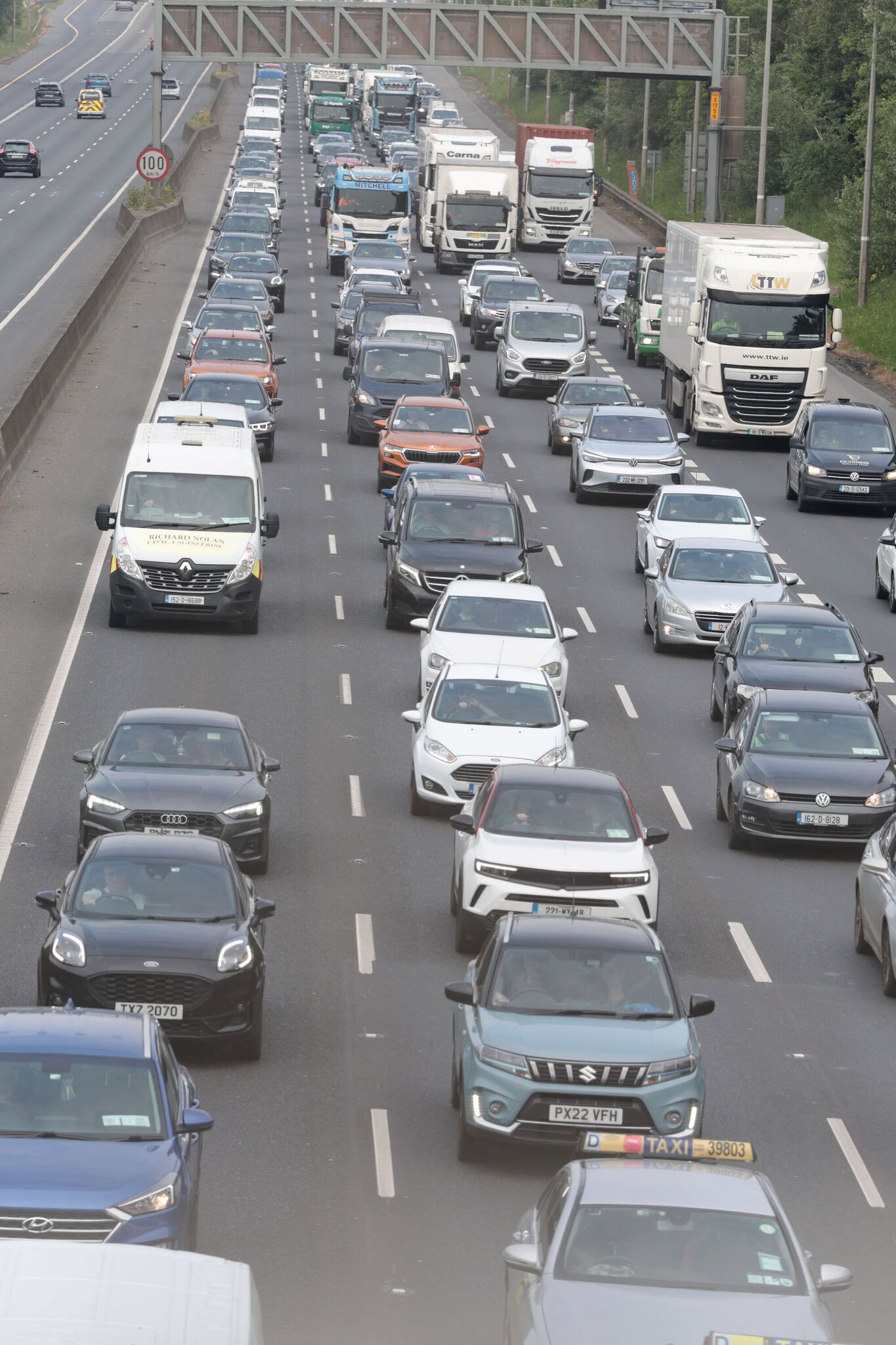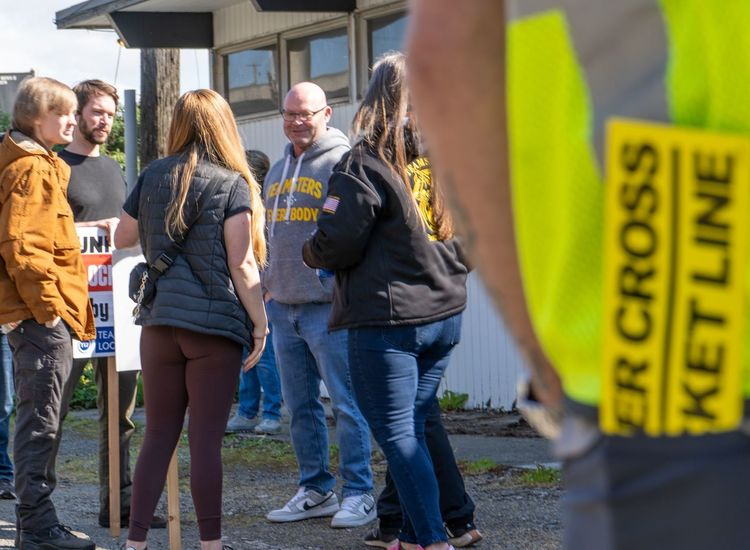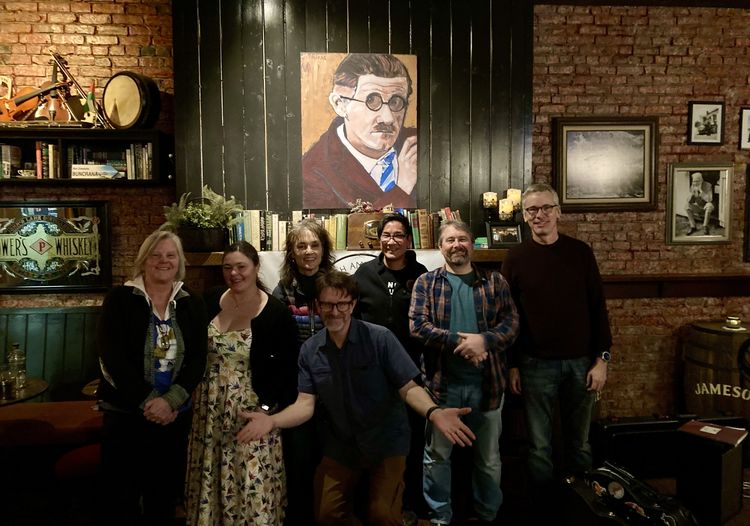All road trips are local. In the United States they can be short or long. In Ireland they can be short and long too, albeit in a relative sense when compared to the continental-sized landmass to the west and across the Atlantic.
In the U.S. there is the perception that driving habits can vary state to state, city to city. And there is an element of truth to this. Ask New York drivers what they think of Massachusetts drivers and you will for sure get an answer. Ditto if you ask the same question in reverse.
Ireland being a far smaller place it is possible to generalize to a degree with regard to Irish drivers and their driving habits.
We are at a time of year when many American drivers land in Ireland and have to quickly adjust to driving on the other side of the road. This task tends to make them especially aware of the locals driving on the other, "wrong" side of the highway.
And it is a good thing that they are extra aware.
The road system in Ireland has changed dramatically in the last few decades. Motorways now slice through the countryside linking the larger cities and towns while generously wide single lane roads do much the same thing.
Ireland, however, retains a labyrinth of narrower "country" roads on which many visitors find themselves as they drive from one scenic spot to another.
Now the surfaces and markings on most of these roads are greatly superior to what they were back in the days of the "long mile." (distances in the Republic are today measured in kilometers, though miles still apply in the North).
But all too many of them are still the same width as they were when the traffic might have included horses and carts. But the four legged traffic has been replaced by the four cylinder and higher.
And increasingly larger and more powerful motor vehicles and their drivers not infrequently give little or nothing to a road where passing an oncoming vehicle results in a literal exercise in "hedge clipping" as passing room is reduced to a mere few inches.
Irish drivers, simply put, tend to drive on the fast side, even on the narrowest of roadways. And this can be unnerving to the visitor.
And there are other factors that make for far too many collisions and far too high a loss of life on Irish roads.
As the Irish Times reported a few days ago, motorists were being urged to “put away their phones and slow down” while driving ahead of the August bank holiday weekend.
Minister of State with responsibility for road safety, James Lawless, made the plea as he also highlighted concerns around drink-and drug-driving.
The Times reported that as of Tuesday, July 30, 113 people had died on Irish roads this year, an increase of 16 compared with last year. That number would be for just the Republic.
Minister Lawless, according to the report, highlighted studies showing phone use by motorists as he made his appeal for safe driving.
The Irish Road Safety Authority’s Mobile Device Usage Observational Survey 2023 shows that 9 percent of motorists were observed using a mobile device while driving, an increase on the figure of 6 percent in the 2022 survey.
And an RSA study from last year revealed that 40 percent of those aged under 35 check phone apps at least sometimes while driving a car.
Lawless said: “I am asking drivers to put away their phones and slow down this bank holiday weekend. We have seen a devastating increase in road trauma this year.
“There are too many people being killed and seriously injured, and we must prevent any more families from going through this trauma. All of us have a responsibility and can play a part to stop this upward trend in road crashes.”
Lawless highlighted the danger of distracted driving due to mobile phone use and also said: “There has been a deterioration in driving behaviours over the past three years since Covid.
“As well as speeding, distracted driving and drink-driving, there is the significant problem of drug-driving, something the RSA, the gardaí and the Medical Bureau of Road Safety are very concerned about.”
The minister didn't mention "hedge clipping" driving, but he has doubtless witnessed it.









